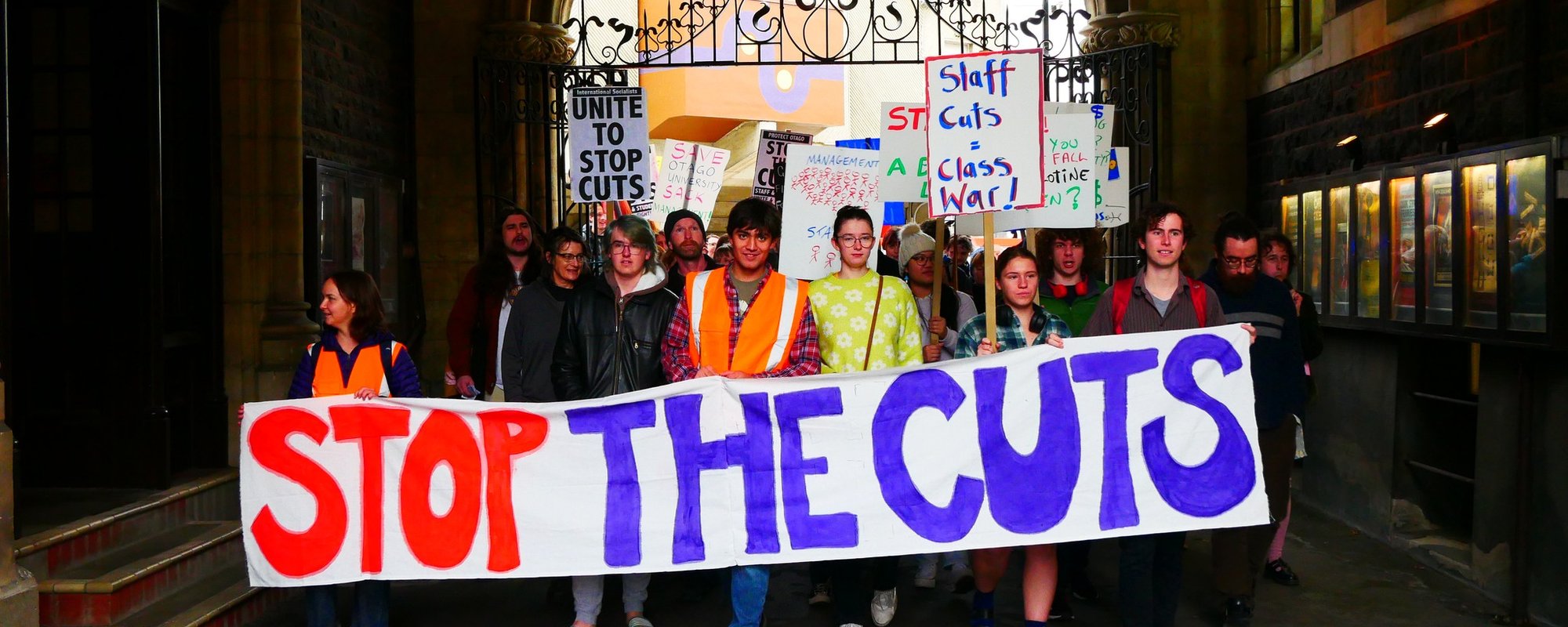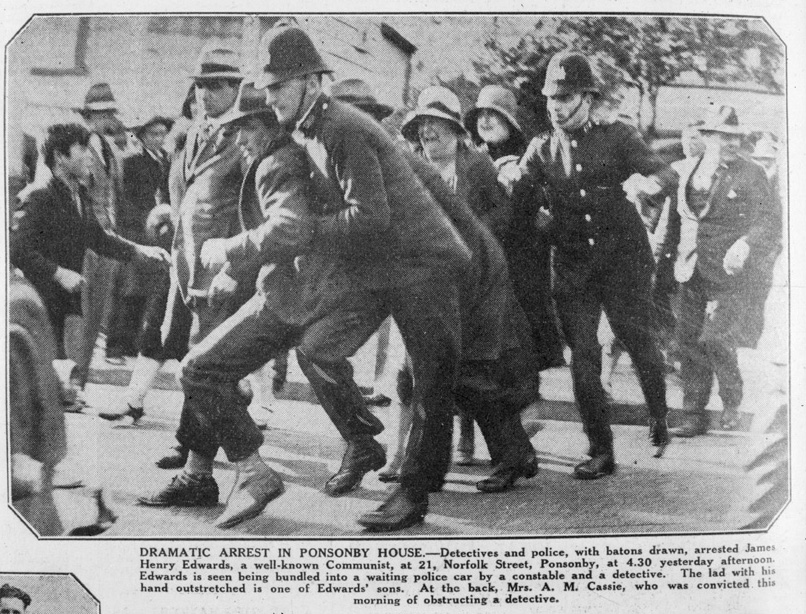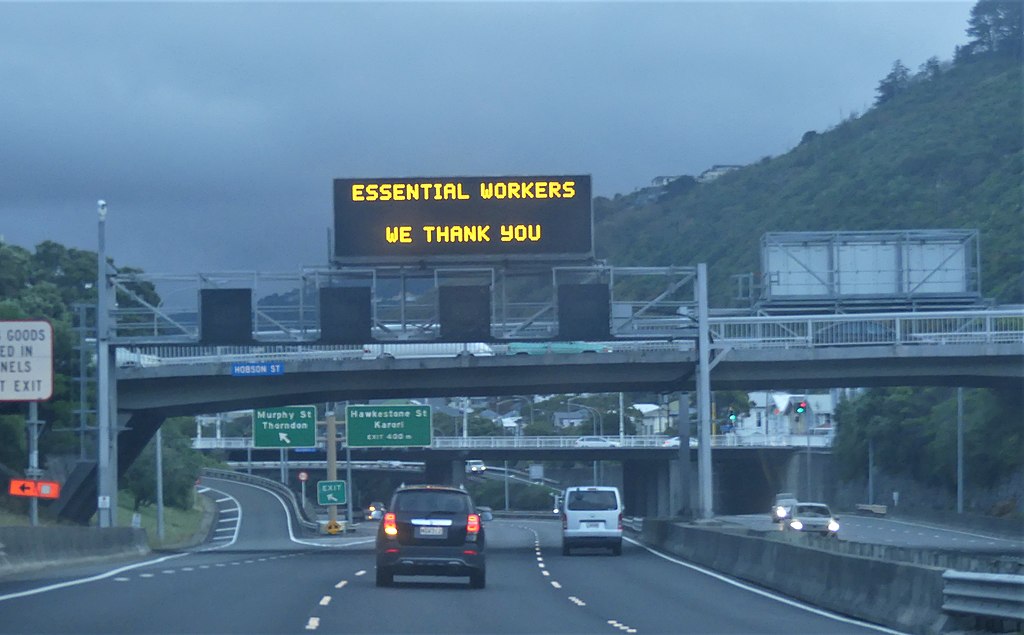Let’s not beat about the bush; our “Labour” government is disgracefully holding down pay in the public sector below price inflation. According to Statistics New Zealand, while prices rose by 6.9 percent in the year to the end of March 2022, public sector pay only rose by 2.7 percent over the same period: a significant pay cut in real terms.
This is the background to a proposal by the Council of Trade Unions to negotiate a Public Sector Pay Adjustment with the government. Having been a critic of the CTU’s inaction until now on the cost of living crisis should I be eating humble pie?
Under the proposed PSPA participating groups would still bargain over their particular collective agreements on non-pay issues. The CTU says that any proposal for a PSPA would be taken to members to accept or reject on a collective agreement by collective agreement basis.
The government has leapt to support the idea. This alone should trigger scepticism by militants. In a media release headed ‘Government open to explore a joined up public sector pay negotiation process’ Chris Hipkins states that he welcomes the CTU’s initiative to establish “a constructive and strategic approach to settling pay rates in the public sector in the context of significant fiscal pressures for the Government and cost of living challenges for workers. Hipkins says “The Public Service Commission is preparing to engage with the CTU to get a process underway – subject to a further communications from the CTU – to work through any major challenges.”
In a media release by the New Zealand Educational Institute the union’s president, Liam Rutherford, says “What this proposal does is allow the public sector to negotiate a fair and transparent pay rise from a position of collective strength.” This statement warrants interrogating. Anything less than an inflation-matching pay rise could not be described as fair under any definition. There is not a cat in hell’s chance of the government offering a “fair” pay rise. They are locked into acceptance of monetarist measures for dealing with the inflation crisis: raise interest rates, slowdown the economy at the risk of recession, increase unemployment and hold down pay. The only circumstances under which the government would offer pay rises to keep level with, or exceed, the cost of living would be if they were under the duress at least of the threat of strike action. Liam Rutherford talks of collective strength, but he does not mean collective strength in taking strike action but the chimera of collective strength in negotiations without the threat of strike action, which is not a position of strength at all.
There would not be a threat of strike action in negotiations for a PSPA because industrial action outside narrow confines in collective bargaining, and such negotiations would be outside, would be illegal; and the CTU and current leaders of public sector trade unions would not for a moment contemplate illegal action.
In summary, the proposed PSPA idea is a bureaucratic response to the cost of living crisis. The vaunted collective strength of the unions combining for negotiations under CTU leadership is an illusion. Only the threat of industrial action will force the government to concede pay rises that keep abreast with, or exceed, price inflation. Public sector workers must therefore insist upon pay being included in collective bargaining where they have the ability to take lawful industrial action. Industrial action by allied health workers in the Public Service Association has forced the DHBs to come up with a much improved offer that the membership is currently voting on. This is a far better model for public sector workers to follow than the CTU’s proposal, which is a trap to be avoided.
Yes, the collective strength of unions combining together is powerful, provided that the collective strength is made real by the prospect of action. The most obvious candidates for joint-union action are the Post-Primary Teachers Association and the NZEI. The PPTA’s collective agreement expires on 30 June and the NZEI’s a few weeks later, making coordinated action a possibility.








